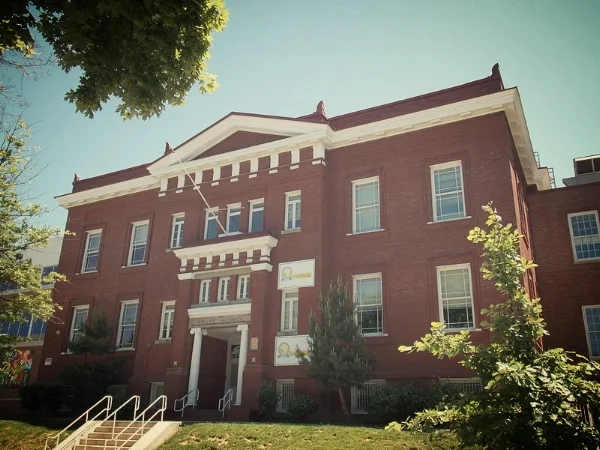I read too many edu arguments for my own good. It’s a known issue in my household.
The argument I find most cringe-inducing is the fight over charter schools. With the news that Secretary DeVos is coming to Seattle, I’d like to put this out there for folks.
If there's one lesson that I have learned over the last few years, it’s that you're never going to convince a black or brown mother to change her mind about where to send her child by demonizing her choices, calling her a “neo-liberal,” or labeling her a “tool of privatizers.” And since black and brown parents are the primary target of most charter operators, this presents a conundrum I want to help my (mainly white) progressive friends work through.
Before I go further, a few caveats: I’ve worked in public schools since 2006. This is by choice. I have been offered roles in teaching, as a principal, and on the board of charter operators in my state. I have declined. I consider myself a “charter agnostic.” I believe the traditional public school is the right venue for the kind of work I want to do and the student population I desire to work with. But, I don’t begrudge the choices others make for their own children.
Now that my cards are on the table, I want to give y’all some advice:
You must address their concerns and motivations: The loudest, most vociferous opponents of charter schools I see are middle class, white, college educated, liberal-progressives entrenched within the educational establishment. In contrast, charter parents are typically from low-income neighborhoods that are serviced by under-resourced, low-performing public schools. Understanding that dichotomy is essential.
The ed establishment has a lot to answer for. Folks in educational spaces systematically silence, marginalize, and awfulize parents of color and their children. We can cite example, after example, after example, after (local) example. Add to this report-after-report about disproportionate discipline practices and persistent Opportunity Gaps, it shouldn’t surprise us that parents of color are looking for options and not in the mood for finger-waggy lectures on privatization. For activists this is a long-term societal-philosophical-cultural-political issue; for parents it’s an immediate, pragmatic what-is-best-for-my-child issue. You have to approach them through that lens.
Work to improve the experience of students of color in traditional public schools: In urban areas, students of color are the bread and butter of charter schools. If these students received the quality of education they deserve and were treated with the dignity afforded to white, suburban, and wealthy students, charter schools wouldn’t exist and wouldn’t attract families of color at the rates they do. If you truly oppose charter schools, the most impactful thing you can do is work to make public schools places where students of color, particularly low-income black and Latinx students, feel valued, welcomed, and loved.
Every time a parent of color enrolls their child in a charter school it's a vote of no confidence in the traditional K-12 public school system. Sooner or later we have to reckon with that.
You can be right on the issue and still be wrong: Here’s the deal, friends. You’re right about neo-liberalism and the decaying of public goods, but ain’t nobody trying to hear that from you when it comes to their child’s well-being. We all know there are awful schools and school systems out there in desperate need of transformation. The folks who are supposed to send their kids to these schools deserve better.
Whether intentional or not, sometimes it seems activists value the “institution of public education” more than they value the "outcomes of the kids within it." I don’t think this is actually the case, but this is a rhetorical misstep that parents of color see and that school choice advocates seize on.
Screeds, hot take FB rants, and 300 word newspaper comments berating folks may feel good, but they also turn potential allies into actual enemies. If you really care about public education, you’re better off standing shoulder-to-shoulder with parents of color in pursuit of fair treatment, (non-test based) accountability for teachers, better instruction, and funding equity than you are berating them in FB threads and with your Twitter fingers.
That's the real work.
Dedicated to my friends Sheree, Keith, and Korbett for putting up with more nonsense than you should ever have to about what’s best for your own children

